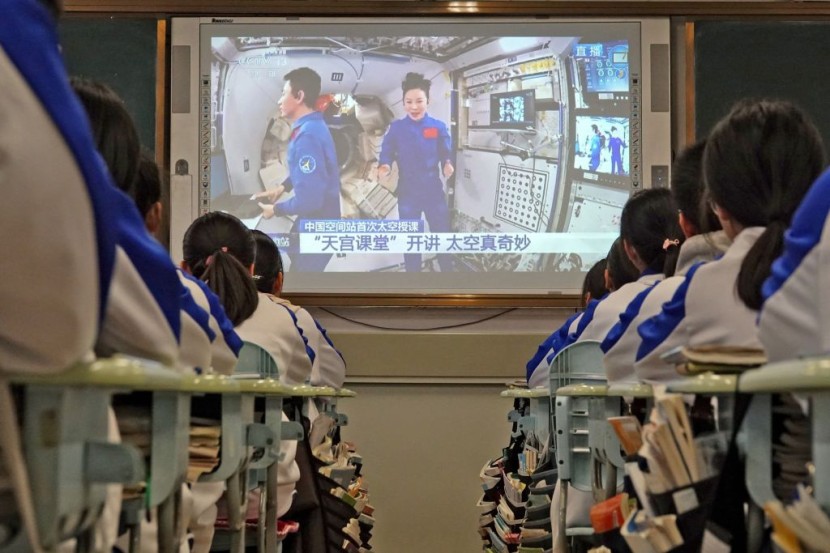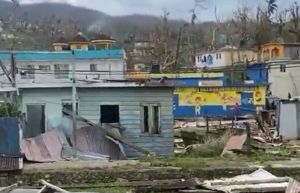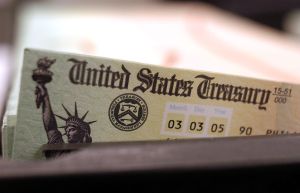
China's Tiangong Space Station has started to become a global center for scientific collaboration as it begins hosting experiments from researchers worldwide.
The efforts showcase Beijing's attempts to engage the global scientific community and shore up support for its endeavors. In a recent United Nations-hosted online symposium, China's Manned Space Agency project officially announced the transportation of the first experimental equipment for joint projects with the UN to the space station on May 10.
China's Tiangong Space Station Hosts Science Experiments
One of the experiments comes from the University of Tokyo, which is made in collaboration with associate Professor Shinji Nakaya and will observe the behavior of flames in a low-gravity environment. Nakaya seeks to compare the characteristics observed in the Chinese space station with ground-based measurements by looking at small flames generated from burning methane.
An acquaintance approached the Japanese professor from Beijing's Tsinghua University. Subsequently, as per The Rio Times, he was cleared of any security concerns by the University of Tokyo and Japan's Ministry of Economy, Trade, and Industry.
China has collaborated with the UN since 2018 in recruiting researchers for experiments on the Tiangong Space Station. Beijing covers space launch expenses, while researchers are responsible for developing experiment equipment and transporting it to China.
In 2019, there were 42 applicants; nine projects involving 17 countries and 23 institutes were chosen. The project encompasses diverse fields such as disease studies, earth observation, and solar cell development.
Completing the construction of the Tiangong Space Station in November 2022 has provided additional research opportunities beyond the International Space Station (ISS). Also, China's independent space station endeavor partly stems from the Wolf Amendment in a US appropriations bill of 2011, which prevents NASA from cooperating with China.
Nakaya said that many factors are involved in the movement of flames, citing his research and adding that there are limitations to simulations done on Earth. According to Nikkei Asia, seven projects are currently in the development stage, with Tsinghua University and the University of Tokyo's flame experiments leading the efforts.
Providing More Opportunities
The Japanese professor added that they chose to go with China's Tiangong Space Station to host their experiment because the ISS does more research related to industrial applications. He noted fewer opportunities for basic research, such as combustion physics.
The situation follows China's launch of a free three-person crew to the Tiangong Space Station last month. They were sent to replace three fellows, "taikonauts," wrapping up their six-month stay in outer space.
The latest crew launch included 56-year-old veteran commander Jing Haipeng, accompanied by Zhu Yangzhu and Gui Haichao. The former is the first Chinese flier to make four trips to space.
On the other hand, Gui, a professor at Beijing University with a doctorate in astronautics, became the first civilian taikonaut to reach orbit and the first to visit the Tiangong Space Station. The launch marked China's fifth piloted flight to its space station and its third since it began around-the-clock staffing in June, said CBS News.
© 2025 HNGN, All rights reserved. Do not reproduce without permission.








